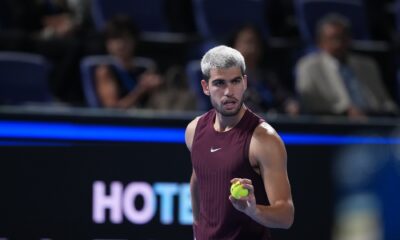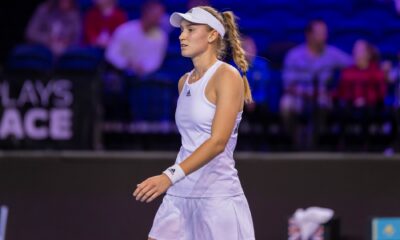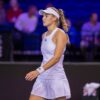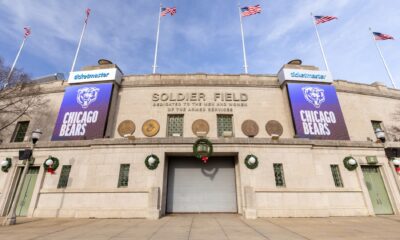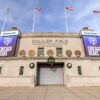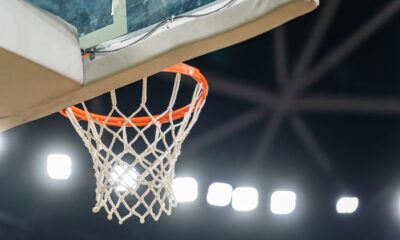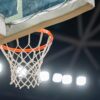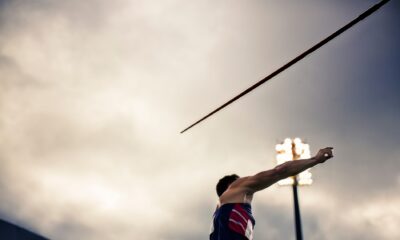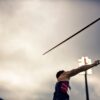MLB Umpires Association Addresses Home-Plate Collision Rule
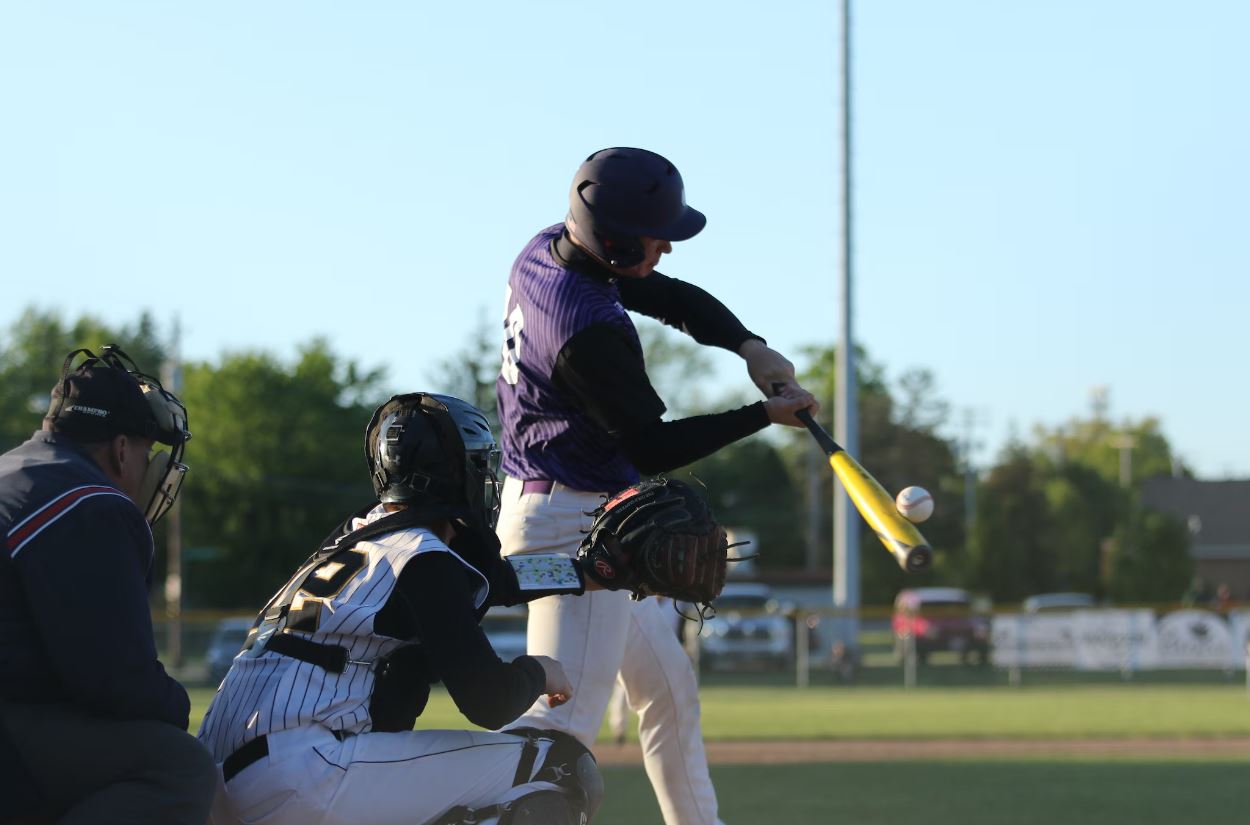
Credit: Unsplash
The rule has become a point of debate for umpires and players.
In professional baseball, the home-plate collision rule dictates that a player would be called out if it was deemed that they deliberately collided with a catcher rather than taking means to avoid being tagged. This also applies in reverse if a collision results from the catcher deliberately blocking the runner’s path. The home-plate collision rule has become somewhat controversial recently, as it has resulted in a handful of heavily-contested out and safe calls across multiple games.
In the face of this controversy, the MLB Umpires Association has issued an official statement on their perception of the rule. The statement, which was obtained by ESPN, reads that “it is the catcher’s responsibility not to position himself so as to block home plate without the ball.
“This rule change was adopted after Buster Posey was involved in a home plate collision and suffered a severe leg injury. The Players Association and the owners decided to protect their key assets (players) and adopted the home plate collision rule that players are now complaining about.”
The umpires have said that they are merely upholding the rule as it is outlined in the official MLB rulebook. “It’s simple: don’t block home plate without possession of the baseball or change the rule,” the umpire’s statement said.
MLB Umpires Association, adamant that crews are simply upholding rule, address home-plate collision rule in statement https://t.co/3ITUJ1JKD9
— Sportsevn (@Sportsevn_media) August 18, 2022
The umpires also added that they don’t appreciate being caught in the middle of arguments between two teams. “It is also inaccurate to say that Major League Baseball umpires are not held accountable. It is often said of our profession that ‘umpires are expected to be perfect from the start and to get better from there.’
“Like players, our mistakes are subject to intense public scrutiny and we are also held accountable by our employer in performance evaluations. Although we don’t always know in real time if our calls are correct, we review them closely following the game and try to learn from any mistakes.”



